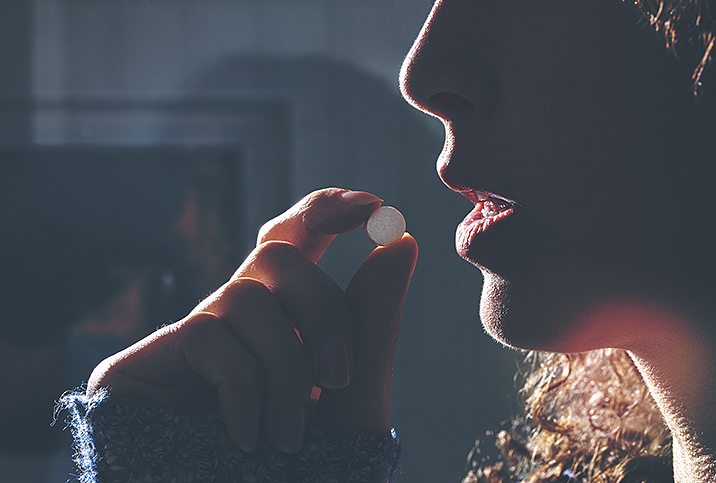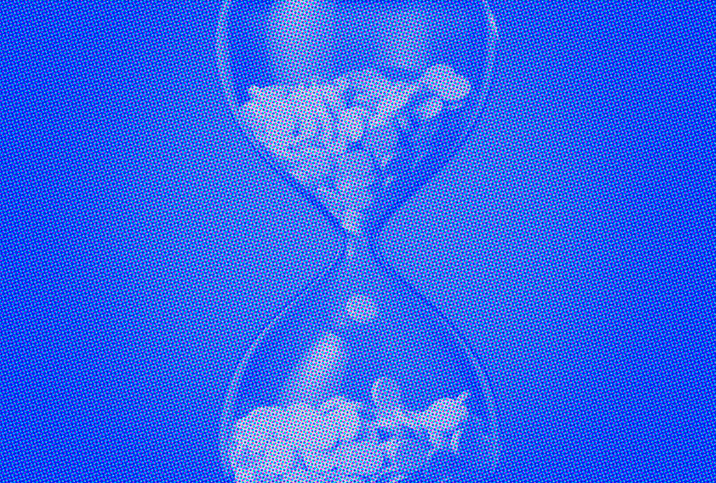When to See a Doctor About Your Depression

Everyone feels sad on occasion. If left unchecked, serious bouts of sadness can turn into a long-term mental health condition such as depression. Understanding when to see a doctor about depression is essential to getting your life back on track.
Symptoms of depression
Depression can affect multiple aspects of your life. While the most common symptoms—such as sadness, tearfulness and hopelessness—are seemingly obvious, other more subtle symptoms can often be misdiagnosed:
- Anger. This includes outbursts, feelings of generalized annoyance with no specific cause, and overreactions to minor events. This behavior is often misdiagnosed as an anger or anxiety issue.
- Sleep disorders. In a depressive state, your sleeping patterns may be disrupted, causing you to fall asleep at the drop of a hat or stay up all night in what resembles insomnia.
- Change in appetite. Depression may lead to excessive eating or going all day without eating and not feeling hungry. It's important to look past the more obvious symptoms and discover the root cause, as this could easily be misdiagnosed as an eating disorder.
- Inability to think. You may be slow to make decisions and feel you're not quite yourself. You could also feel as if your brain is moving in high gear, quickly moving from one task to another.
In addition to these primary symptoms, many patients coping with major depression report gut disturbances such as constipation, diarrhea and generalized intestinal pain.
With so many symptoms, depression can sneak up on you. The best advice is to talk to your doctor and explain the range of disparate symptoms you're experiencing without feeling shy. Your doctor will put together separate pieces of your secondary symptoms and help you realize a whole diagnosis.
Signs it's time to see a doctor
No matter how mild or severe your physical symptoms are, it's always good to seek treatment for depression because mild cases often become more severe. Here are some clear signs your depression is getting worse and why seeking treatment might save your life:
- Feeling alone. Depression can make you feel isolated, even in a crowd of friends. If this sounds familiar, your depression might already be controlling you.
- Self-isolation. Since we've all had to self-isolate to a certain degree to combat the COVID-19 virus, this behavior may seem normal. But as you get the opportunity to be more active and still purposely avoid activities or have no interest in your usual routine, depression may be to blame.
- Poor hygiene. If you can't remember your last shower or your home is starting to look more like a trash heap, it's time to reflect on whether the cause may be depression.
- Self-harm. This can be actual physical harm, but it doesn't have to be. You may simply have harmful thoughts that throw you deeper into your depressive spiral. If you feel like you're a burden, if you carry guilt or feel numb, these are major red flags that depression may be an issue.
The most important step to take is to surround yourself with people who care about you and know there are treatments that can make you feel like yourself again. Understand that depression is often nothing more than a chemical imbalance that won't go away on its own. If you feel that your depression is getting out of control or you're simply wondering if you may need medical treatment, immediately call the mental health services hotline at 1-800-662-HELP (4357).
Talking to your doctor
Unfortunately, many people avoid seeking treatment because they define depression as a sign of poor mental health that will be interpreted as an inherent weakness, flaw or shortcoming in their capabilities. Thankfully, this stigma is changing.
Talking to a doctor might seem scary at first, but doctors and mental health professionals are trained to help you understand your depression and guide you through recovery. Most states offer a general information hotline where you can pair up with a counselor, and mental health services are often covered by your state regardless of your insurance situation.
Finding the right treatment
Once you take the first steps to getting help, you and your doctor can determine a proper plan. Whether it's therapy, medication or a combined approach, you can get better.
It's never too late to seek treatment, and while it might be a long path to recovery, with time and patience, you will feel like yourself again.

















